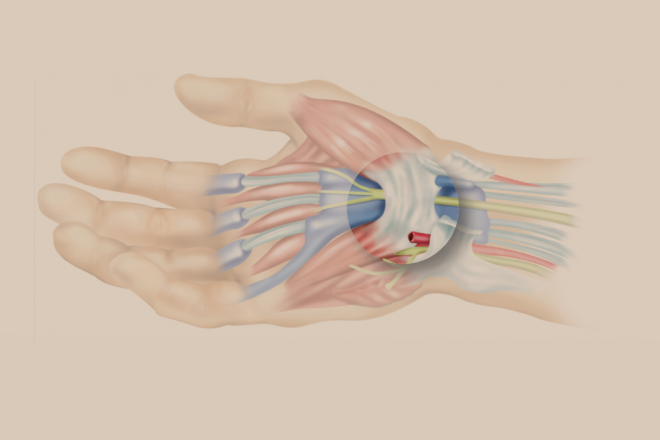Experts have warned that social isolation and distances during the coronavirus pandemic can increase the relapse risk for those battling addiction. Addiction can involve the use of addictive substances like inhalants, alcohol, opioids, nicotine, and cocaine. In some cases, addictive individuals engage in behaviors that yield rewarding effects. Such behaviors may include gambling and sex.
Essentially, addictive behaviors and substances have common neurobiological features. For instance, brain pathways of reinforcement and reward are intensely involved in addiction. These pathways involve dopamine, which is a neurotransmitter. To maintain a motivated state, addiction leads to synapses pruning in the brain’s prefrontal cortex. This region is home to the highest functions in the brain. As such, attention is focused on the cues that are associated with the target substance or behavior.
In some cases, substance use disorders and addictive behaviors are accompanied by mental health problems like anxiety and depression. These conditions can escalate if an individual is required to self-isolate during the coronavirus crisis.
How Coronavirus Can Trigger Relapse
Addiction treatment during the COVID-19 pandemic is quite challenging for most people. During this time, people are afraid of catching the virus. As such, even individuals that need treatment for addiction might not access it. Essentially, the healthcare staff is overworked or overburdened at this time. And, the focus of healthcare systems is largely on COVID-19 patients. Thus, even individuals that need emergency treatment for drug abuse might not get it at this time.
Research indicates that the co-occurrence of substance use disorders and mental illness is very common and is considered an expectation when assessing individuals with mental illness. Mental health distress is significantly present in people with substance use disorders.
When ordered to self-isolate, individuals that are battling drug addiction can feel stressed, scared, and isolated. And, these feelings can drive them back to addiction or substance abuse. Experts note that regardless of the substances that are used to maintain sobriety by individuals with substance use disorders, they fall away in the wake of a pandemic.
Social Isolation Could Disrupt Support Systems
Coronavirus crisis has made some people lose proximity to their support programs, systems, and relationships. These were crucial in enabling them to stay sober and their disruption can tempt individuals to resort to self-medicating.
It’s not surprising that some people might seek substance abuse treatment and therapies in times of COVID-19. That’s because more people are likely to start self-medicating as they try to deal with anxiety, isolation, and stress.
What’s more, some people are currently grappling with co-morbidities and mental health problems. Many individuals are struggling with conditions like hypertension, hepatitis C, diabetes, and HIV. These conditions increase their risk of COVID-19.
If these people don’t get the support and services they need to survive, their conditions could worsen. What’s more, the fear and uncertainties that are associated with COVID-19 make the situation worse for individuals with such conditions in addition to substance use disorders. As a way to deal with challenges, fear, and uncertainties, individuals that are battling addiction can easily start using drugs again.
Advice for People Battling Addiction during the Coronavirus Pandemic
Getting addiction treatment during COVID-19 is not easy. But, experts have provided advice to those struggling with drug addiction during the coronavirus crisis. According to experts, maintaining relationships is particularly important. Even if they are challenging, friends and family provide security and comfort. Words like “I need you”, “I miss you”, and “I love you” are therapeutic to some people when they come from friends and family members.
For those in addiction treatment programs during COVID-19, more substantial engagements can provide greater protection. People that have a history of substance abuse or mental illness should take advantage of prior resources to get the help they need to go through this frustrating and stressful time.
For those who can’t attend counseling sessions or meetings in persons, several options are available. For instance, distance counseling and tele-mental health options can be useful at this time. Some employers are also providing resources that can help individuals cope with this time while working from their homes.
Some states are also providing more health services to enable individuals to cope with the frustration and stress caused by this pandemic, as well as, stay-at-home orders. The Substance Abuse and Mental Health Services Administration is providing emergency grants as a way to address substance use and mental health disorders during COVID-19. What’s more, the administration provides information about different providers of mental health services in different states.
What to Do If a Person Relapses During the Coronavirus Crisis
It’s easy to relapse when battling drug addiction during the coronavirus crisis. That’s because there many challenges can lead to a relapse. But, relapsing shouldn’t be considered a failure. Relapse is generally a normal part of a recovery journey. So, if a person relapses, they shouldn’t entertain the feelings of guilt, regret, or shame. What’s more, this shouldn’t be a reason to give up the fight or go back to addiction.
Instead, a relapse should trigger the need for treatment. Some rehab facilities can still provide treatment for addiction in times of coronavirus. Contacting such facilities can help a person continue to work harder and eventually overcome their desire to use the addictive substance.
Essentially, getting treatment for drug addiction during the coronavirus crisis can be challenging. However, it is not impossible. So, instead of giving into addiction after relapsing, a person should use it a lesson and a chance to start afresh. They should dig deeper into the causes of their relapse and lay a strong foundation that will lead to lifelong recovery. Seeking professional assistance after a relapse can help an individual to bounce back even stronger.
The Bottom Line
Coronavirus crisis is affecting almost everyone across the globe. However, this crisis has made life more challenging for people that are battling drug addiction. This crisis can even trigger relapse for most people that are battling addiction. That’s because they may not get the support and treatment they need to achieve lifelong recovery. Nevertheless, recovering addicts can get support from friends and family members. They can also use the available resources and methods to get support online. And, if they relapse, they can seek help from rehab facilities to bounce back and proceed with their recovery journey.






